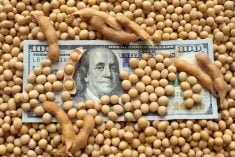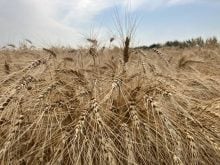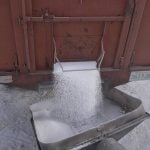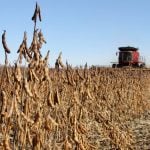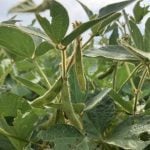MarketsFarm — When it comes to improving global trade relations, a rising tide may not lift all boats.
In the recently-signed Phase One trade deal between the U.S. and China, Beijing pledged to significantly increase Chinese purchases of U.S. soybeans and other agriculture goods.
“Where does that leave room for Canada, given the demand side of the story?” Craig Klemmer, principal agriculture economist with Farm Credit Canada, hypothesized while speaking at Ag Days 2020 in Brandon.
“I would suggest it doesn’t look like a great picture,” he said, detailing that China lost 40 per cent of its hog population to African swine fever, amounting to about 25 per cent of the world’s hog population.
Read Also

U.S. grains: Soy futures post biggest monthly gain in nearly five years on China trade optimism
U.S. soybean futures climbed to a 15-month high and posted their biggest monthly gain in nearly five years on Friday following a rally fueled by the prospect of revived exports to China.
Since Huawei executive Meng Wanzhou has appeared in court recently, export restrictions for Canadian canola are likely to remain in place for the foreseeable future.
Klemmer said the U.S.-Mexico-Canada trade agreement (CUSMA) is a “good news story for agriculture” as it takes some uncertainty out of markets.
The agreement was signed by officials from the three countries in December, was ratified by the Mexican government and has cleared Congress in the U.S., and is expected to appear next week in Canada’s House of Commons.
“Agribusiness and food manufacturers have probably held back investments in manufacturing and processing sectors, but now that these agreements are coming to fruition, that will ease that tension,” Klemmer said.
However, the deal may not be a boon for Canadian producers and might be “a bit of a tougher agreement for dairy producers” in particular, as it will allow more dairy imports into Canada from the U.S.
“There isn’t real clarity on how Canada views the deal and how the U.S. views the deal, so that remains to be seen,” he said.
— Marlo Glass reports for MarketsFarm, a Glacier FarmMedia division specializing in grain and commodity market analysis and reporting.





